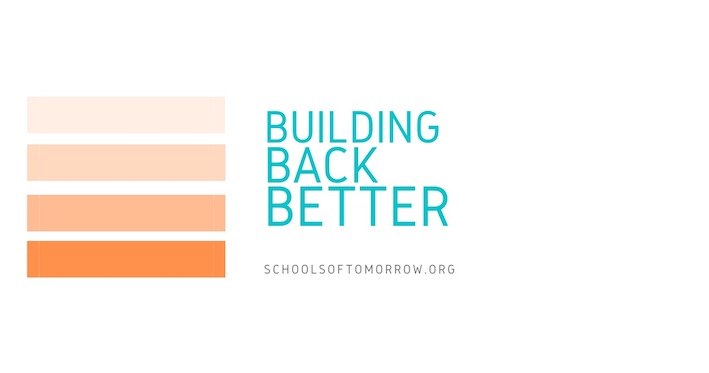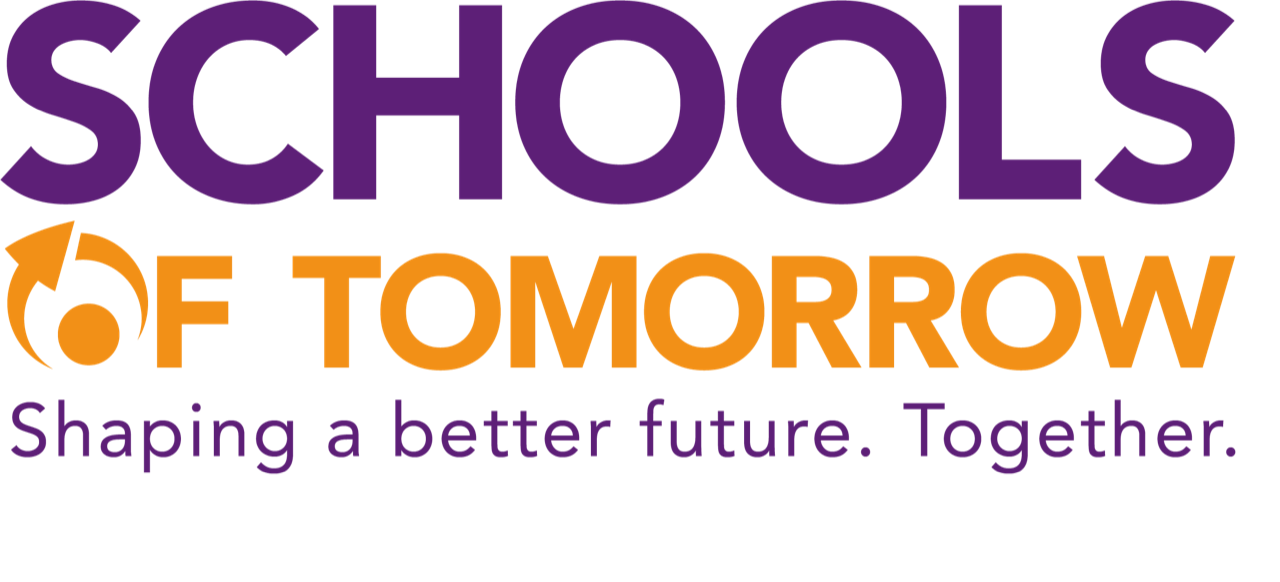
In September 2020 we will be launching our ‘Building Back Better’ programme, led by Brian Lightman, John West-Burnham and Malcolm Groves, with support from Richard Gerver and Pam Mundy. It is a two year action research programme for schools who believe the experience of coronavirus and lockdown offers a unique space and opportunity for a deep re-think on how we do things and to reflect on much of what we often take for granted.
Join us for an introductory presentation online and find out more at 4pm on September 24. Book your place here.
Why are we doing this?
The evidence had been mounting for some time before lockdown. The model of school improvement, linked to a so-called standards agenda, that has dominated educational leadership for the last 25 years or so, is reaching the end of its useful life. It has achieved an important degree of success but also left many unresolved problems. It has left leaders and teachers working increasingly hard to secure very small amounts of progress. This is ineffective at so many levels.
One of the most important reasons why change is needed lies in the way much current school improvement thinking does not take sufficient account of the influence of genetic and personal factors and social and economic context on educational achievement. Schools alone are able to influence some 20-30% of the factors that affect educational achievement. There is only so much they can do alone and, through so much hard work and effort from the profession, we are close to reaching that point. The step-change now needed is to give greater recognition to the contribution of a school to building social capital, within and around itself. And that involves revisiting and reimagining the why, what, how and where of learning. To give just a few examples:
- Re-thinking the what of learning – might include developing greater opportunities for personalised and relevant learning for children and young people.
- Re-imagining the how of learning – might include developing the agency of young people and their ability to understand and shape their futures in a changing world, as well as engaging more productively with parents as the first educators of their children.
- Re-focusing the where of learning – might look at flexing the resourcing boundaries, particularly use of time, use of space and location, and use of personnel to support a broad, flexible and engaging education connected to employers and the community.
Based on both research evidence and the practice of current school leaders, we also identify four building blocks for the changes now needed. The new outward-facing school needs:
- An unrelenting focus on the quality of relationships, on becoming a model of community itself – a place of trust, mutual respect, and belonging.
- A strong base of value and values, in which the curriculum is central but tailored to a much greater extent to each learner.
- A commitment to seeking anew the active and ongoing engagement of all stakeholders.
- A fresh understanding of the role of a school as a focal hub of support for learning and wellbeing more widely.
It is the interaction of these elements that generates the social and cultural capital now vital to developing a much fairer education system. It is the opportunity to build back better along these principles that provides the impetus to now make it happen.
Find out more at a free introductory online presentation online on September 24 at 4pm.
Book your place here.


